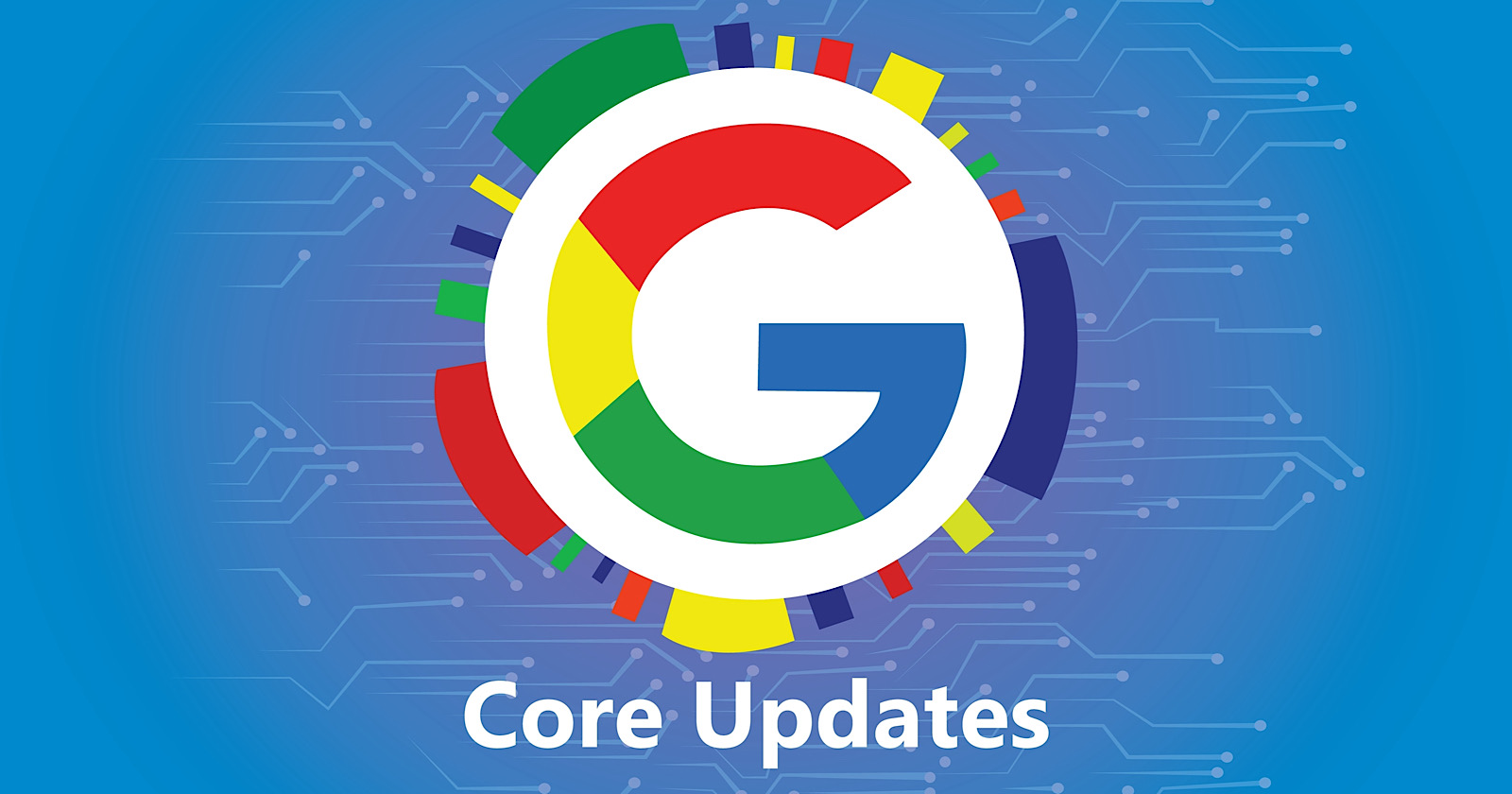
The impact of Google’s March 2024 Core Update, which targets low-quality content and spam, is becoming apparent as the rollout progresses.
Recent analyses reveal that over 800 websites have been completely deindexed from Google’s search results in the early stages of the update.
Widespread Deindexing
Ian Nuttall, a prominent figure in the SEO community, has been tracking the indexing status of 49,345 websites following the launch of the March 2024 Core Update and its associated manual actions against AI-generated spam.
Nuttall’s findings shed light on the sweeping impact of Google’s latest initiative.
Of the 49,345 sites monitored, 837 websites had been removed entirely from Google’s search index.
I checked the index status of 49,345 sites to measure the impact of the AI spam manual actions!
1.7% of sites got hit, 20+ million monthly organic visits gone and over $446k in display ad revenue lost.
Want the data? Follow, like, and reply with 👏 and I’ll send it over! pic.twitter.com/sUo22DejaL
— Ian Nuttall (@iannuttall) March 8, 2024
This represents approximately 1.7% of the websites in Nuttall’s database. The deindexed sites span various categories and ad networks, highlighting the broad scope of Google’s actions.
However, it’s too early to tell whether these websites will remain deindexed, as several are already reappearing in Google’s search results.
I ran my script again to check the sites that were deindexed and 21 of them are showing pages indexed in Google again.
The big winners were fresherslive·com and oldtimemusic·com who have 5m and 2.5m pages indexed.
Here’s the full list:
fresherslive·com – 5,050,000 pages… pic.twitter.com/zgpm1toudt
— Ian Nuttall (@iannuttall) March 11, 2024
Significant Traffic & Revenue Losses
The consequences of being deindexed are severe for the affected websites.
According to Nuttall’s analysis, the 837 deindexed sites accounted for over 20.7 million organic search visits per month before the manual action. The sudden loss of traffic is devastating for the impacted websites.
Further, the deindexing is estimated to result in a monthly loss of $446,552 displayed advertising revenue across the affected sites.
Targeting AI-Generated Spam
The findings from Nuttall’s analysis align with a recent study conducted by Originality.ai, which investigated the prevalence of AI-generated content among the deindexed websites.
The study found that 100% of the affected sites showed signs of AI-generated content, with 50% having 90-100% of their posts generated by AI.
These results suggest that Google’s March 2024 Core Update effectively targets websites relying heavily on AI-generated content to manipulate search rankings.
The manual actions taken against these sites demonstrate Google’s commitment to combating the rise of AI-driven spam and low-quality content.
Reshaping The Search Landscape
As the March 2024 Core Update continues to roll out, its impact on the search landscape is becoming increasingly evident.
The widespread deindexing of websites engaging in manipulative practices, particularly those utilizing AI-generated content, signals a significant shift in Google’s approach to maintaining search result quality.
The consistency between Nuttall’s data and the Originality.ai study reinforces that Google is taking decisive action to address the growing problem of AI-driven spam.
As the update progresses, websites and content creators must adapt to Google’s heightened focus on quality and originality.
The full impact of the March 2024 Core Update will become more evident as it continues to roll out over the coming weeks. However, the early indications from Nuttall’s analysis and the Originality.ai study suggest that Google’s efforts to reshape the search landscape and prioritize high-quality, human-generated content are underway.
FAQ
What are the implications of Google’s March 2024 Core Update for website owners?
The Google March 2024 Core Update has significant implications for website owners:
- Google’s March 2024 Core Update has impacted many websites, especially those utilizing AI-generated content.
- The update led to the deindexing of several sites, resulting in decreased organic search traffic and advertising revenue for affected website owners.
- To maintain or improve search engine rankings, site owners should:
- Reassess the quality of their content to ensure it meets Google’s updated standards for originality and value.
- Consider shifting towards more original, human-generated content to avoid being flagged for low quality or spam.
- Website owners may need to adjust their content strategies to align with the new guidelines and mitigate potential losses in traffic and revenue.
How can marketers adapt their strategies in light of AI-generated content crackdowns?
Marketers should proactively adapt their strategies in response to crackdowns on AI-generated content, evidenced by updates like Google’s March 2024 Core Update. Adapting involves:
- Audit existing content to identify any AI-generated material that could be seen as low-quality or spam and rework it as needed.
- Focusing on creating original, high-value content that benefits the target audience.
- Keeping up with evolving SEO best practices and algorithm changes
- Using AI tools judiciously, ensuring AI-assisted content is carefully edited and enhanced with original insights and analysis.
- Prioritizing creativity, thorough research, and strong editorial standards can help marketers maintain compliance with search engine guidelines.
This approach can also contribute to building a more authoritative and trusted brand online.
What are the best practices for maintaining search engine rankings after Google core updates?
To maintain or improve search engine rankings after a Google core update like the March 2024 Core Update, adhering to the following best practices is recommended:
- Focus on creating high-quality, original content that provides value to users.
- Review and optimize on-page elements such as meta titles, descriptions, and overall user experience and accessibility. Ensure these elements align with current best practices.
- Stay informed about Google’s Webmaster Guidelines and ensure your website fully complies with their policies to avoid penalties.
- Conduct regular website audits to identify and resolve technical issues that could negatively impact search engine crawlability and indexing.
- Build a diverse backlink profile by earning links from reputable and relevant sources within your industry or niche.
- Continuously monitor changes in search algorithms and be prepared to adapt your SEO strategies as needed to align with updated best practices and ranking factors.
